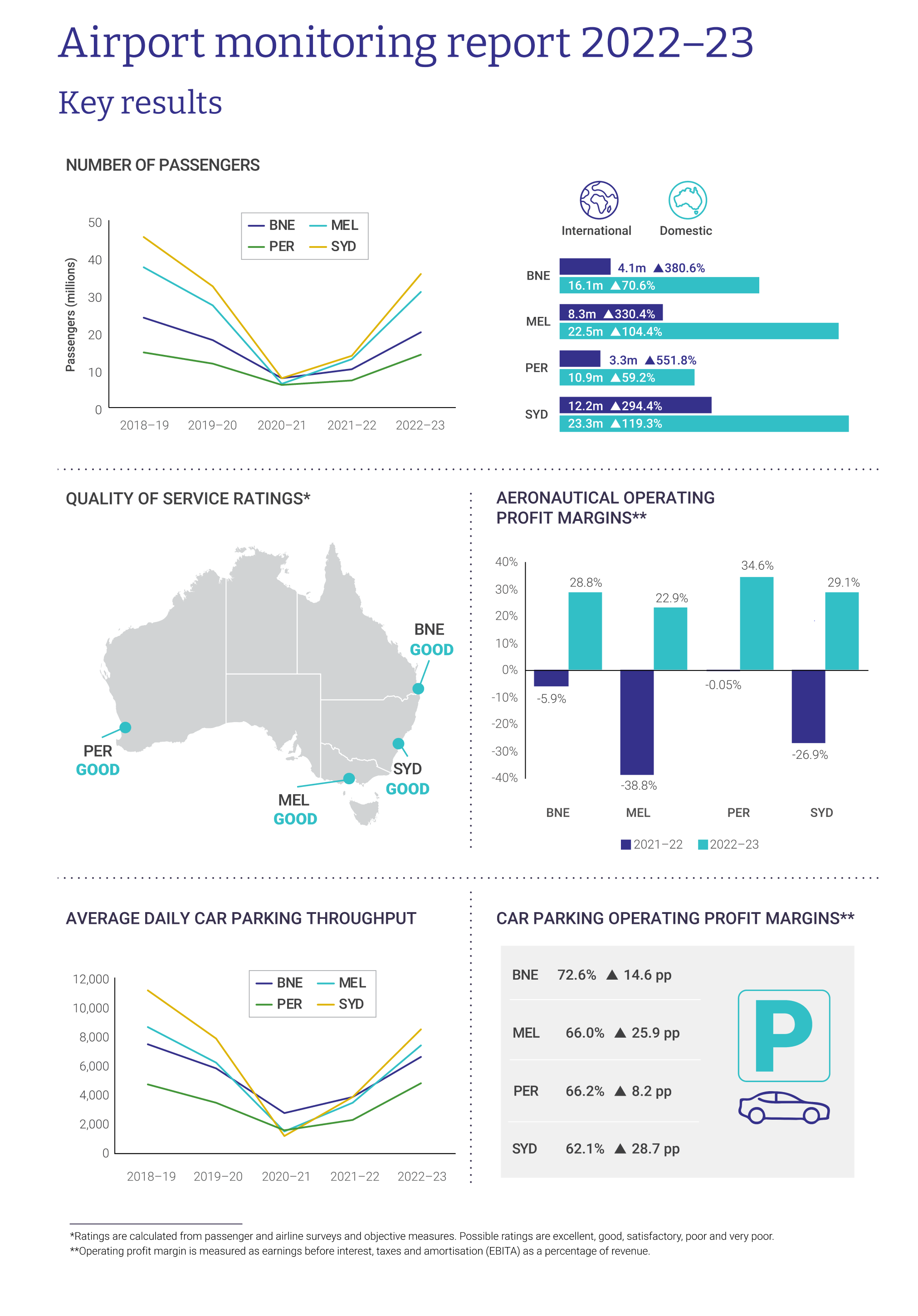The Australian Catholic University will open a state-of-the-art human metabolic chamber at its Melbourne campus – the only one of its kind in the southern hemisphere.
This will reinforce ACU’s position at the forefront of metabolic disease, exercise, and dietary research world-wide.
Designed and built by the world-leading team from Maastricht Instruments in the Netherlands, the metabolic chamber, also known as a whole-room calorimeter, will be installed before the end of the year with the first human studies scheduled to take place in early 2024.
The director of the Mary MacKillop Institute for Health Research, Professor John Hawley, said the new facility would strengthen the existing health research capacity of ACU, specifically in the areas of obesity, Type 2 diabetes, sleep, circadian biology, and sports nutrition.
“It will enable our academic and industry research partners to translate research into clinical practice with targeted tangible outcomes for people living with life-threatening conditions, including obesity and Type 2 diabetes,” Professor Hawley said.
“It will provide us with a new tool to investigate Relative Energy Deficiency in Sport (REDs) – one of the threats to the health and performance of athletes”.
“Obesity and Type 2 diabetes are two metabolic risk factors that lead to cardiovascular disease and premature deaths, so new approaches are needed to capture the dynamics of acute and chronic interventions, which are important for changes to lifestyle or habitual behaviour.”
Professor Hawley said research on the relationship between sleep and circadian biology was gaining traction, as the effects of our 21st century “round-the-clock” lifestyle are directly linked to a rise in many metabolic conditions.
“To investigate fluctuations in daily circadian rhythms in response to interventions such as exercise, different meal patterns and disruptions to sleep, whole-room calorimeters are the gold standard due to the control of dark-light cycles and other environmental cues,” Professor Hawley said.
In the case of athletes, a mismatch between energy intake and the energy cost of training and competition can lead to adaptations that cause the body to shut down “unnecessary” body functions in the face of energy scarcity.
“The chamber will allow us to learn how an athlete’s body reduces its metabolism when it perceives the athlete is under-eating or over-exercising – and distinguish whether this is a temporary and reversible change, or a long-term threat to health and performance.”
Whole-room calorimeters are airtight rooms which monitor energy expenditure while sleeping, resting, and exercising as well as assessing the thermic effect of food. Patients or trial participants can live in the room overnight or in the case of chronic studies, for up to several days.
Fresh air is circulated into the room and as it flows out, a series of analysers measure the ratio of carbon dioxide and oxygen in real-time. This allows researchers to determine the contribution of the foods we eat (made up of fat, carbohydrate, and protein) to energy expenditure over the time spent in the chamber. Changes in the “fuel mix” are able to be detected after various interventions, such as over-feeding and energy deficit due to exercise.
“It will allow researchers to perform an overnight resting metabolic rate measurement, take blood and other body samples, and even monitor a person over several days,” Professor Hawley said.
The new ACU chamber, also the largest in the Southern hemisphere, is “state-of-the-art” and is the result of 35 years of world-leading metabolic research from the Metabolic Research Unit Maastricht (MRUM) in the Netherlands.
ACU’s Deputy Vice-Chancellor Research and Enterprise Professor Abid Khan said the new facility would complement the University’s existing health research facilities and unlock new avenues of research for academic and industry research partners.
“We are very excited to bring this to ACU and for it to be the only one of its type in the southern hemisphere,” Professor Khan said.
“It will deliver value to partners who will be able to access it and our experts to further their research,” Professor Khan said.
ACU Vice-Chancellor and President Professor Zlatko Skrbis said the project confirmed the university’s status as a leader in healthcare research.
“This will enable our university to make an important contribution to global health outcomes,” Professor Skrbis said.
“It will also allow us to support the next generation of Australian healthcare research leaders and foster new collaborative opportunities.”
Key features include:
- Two fully equipped rooms for short-term (overnight) or extended stays (several days)
- Extensive physiological and environmental data acquisition system delivering traceable raw data and calculated parameters
- Advanced environment control system for temperature and humidity
- Sampling interfaces for blood, urine, faeces
- Environmental control (hypoxia, lighting), different room configurations, or additional physiological measurements (physical activity, ECG, heart rate, respiration rate, body temperature, skin temperature, blood pressure, blood glucose).








